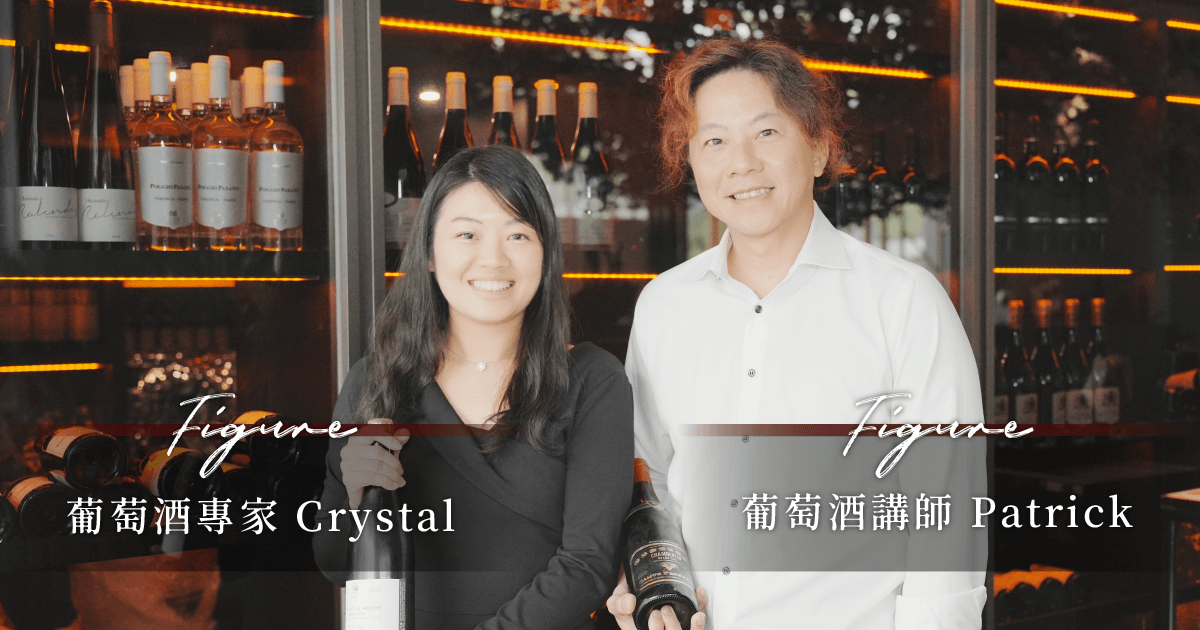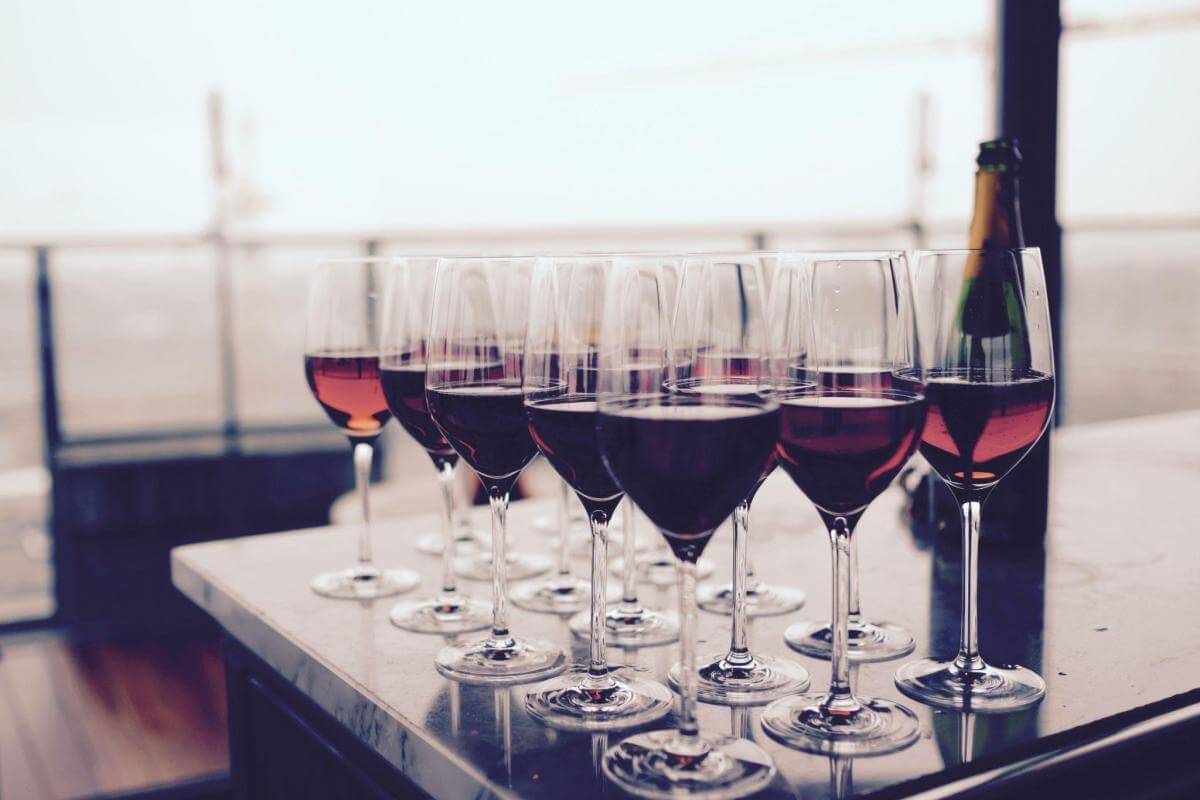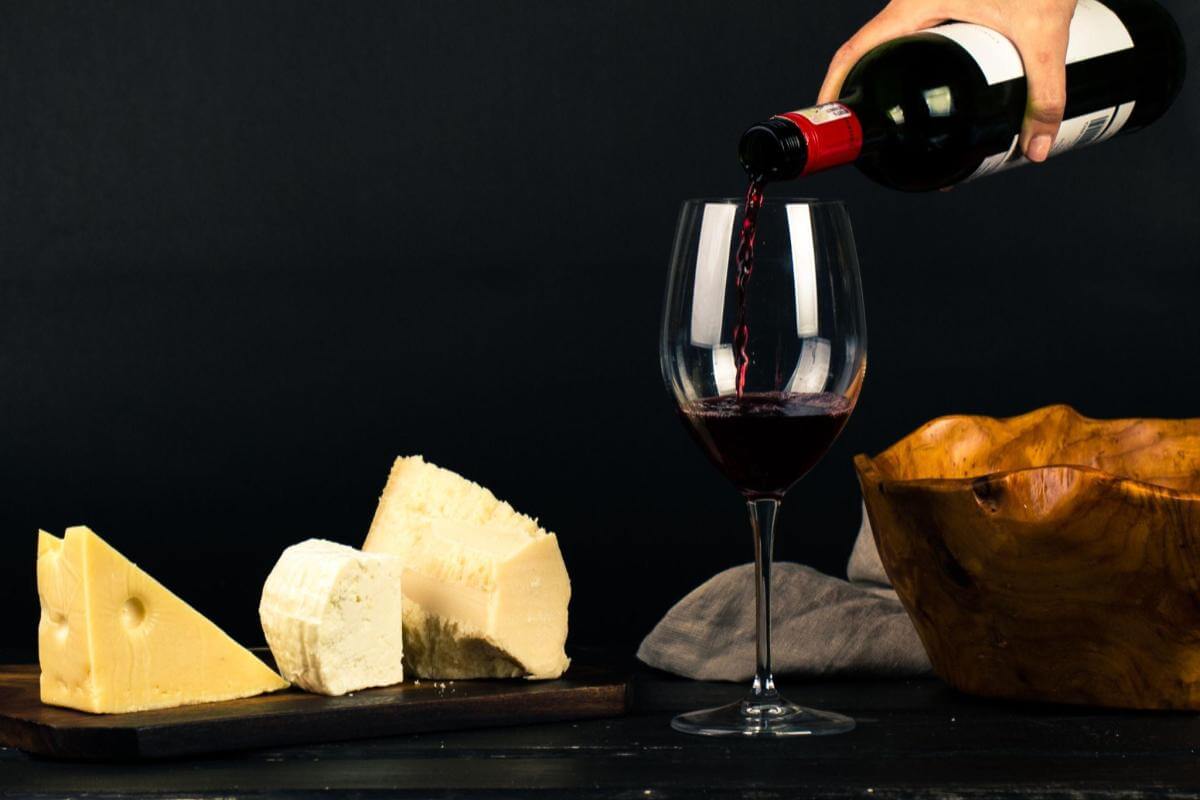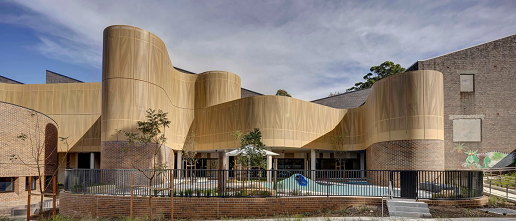Have you ever noticed the differences in how men and women evaluate the same wine during a tasting? Experts point out that there is scientific evidence behind this phenomenon. Renowned wine experts Patrick and Crystal help us uncover the secrets. Renowned wine experts Patrick and Crystal. (Photo/Provided by Heho Health)
Renowned wine experts Patrick and Crystal. (Photo/Provided by Heho Health)
Differences in Taste Buds and Sense of Smell
Firstly, there are physiological differences in taste buds and sense of smell between men and women. Studies show that women's taste buds are more sensitive than men's, especially in perceiving sweetness and bitterness. Additionally, women's sense of smell is more acute, allowing them to discern subtle aromas and flavor layers more clearly when tasting wine.
Hormonal Influence
The sensitivity of women's taste and smell can also be affected by hormonal changes. For example, during different stages of the menstrual cycle, women's perception of certain flavors may change. These variations can sometimes cause fluctuations in how women evaluate wine. Studies show that women's taste buds are more sensitive than men's. (Photo/From Pxhere)
Studies show that women's taste buds are more sensitive than men's. (Photo/From Pxhere)
Psychological Factors
Psychological factors also play a significant role. When tasting wine, men and women are often influenced by cultural background, personal experiences, and social expectations. Men may be more inclined to focus on the structure and strength of the wine, while women tend to pay more attention to the aroma and the subtlety of the taste.
Education and Experience
Furthermore, wine-tasting skills and knowledge accumulation are important factors. Expert Crystal points out that, regardless of gender, after professional wine-tasting training, the ability to appreciate wine tends to converge. Therefore, enhancing wine knowledge and tasting skills can help both men and women better enjoy wine.
In summary, the differences between men and women in wine tasting are not only physiological but also psychological and experiential. Understanding these differences helps us better appreciate and share the joy of wine. Experts suggest exchanging wine-tasting experiences with friends of different genders to gain a more comprehensive understanding of the beauty of wine.







